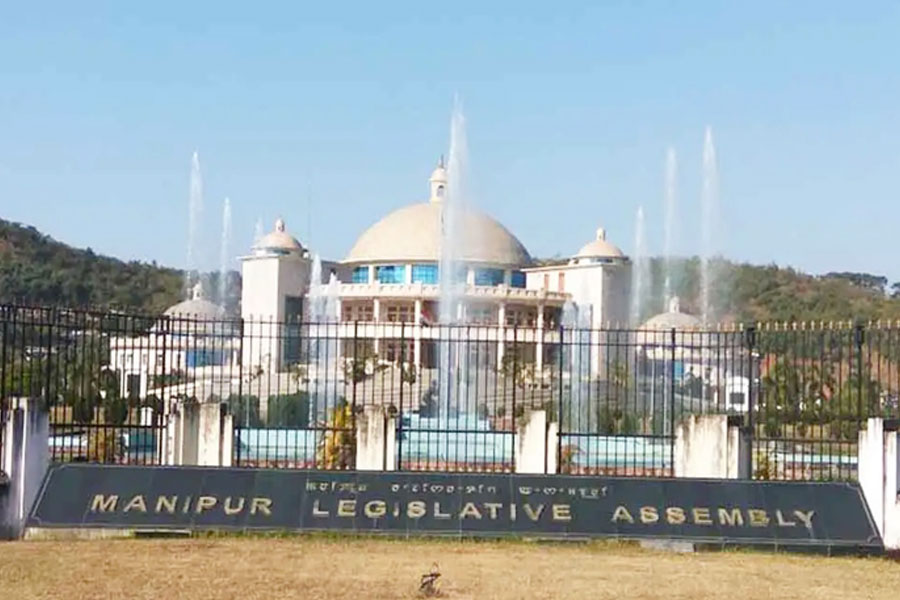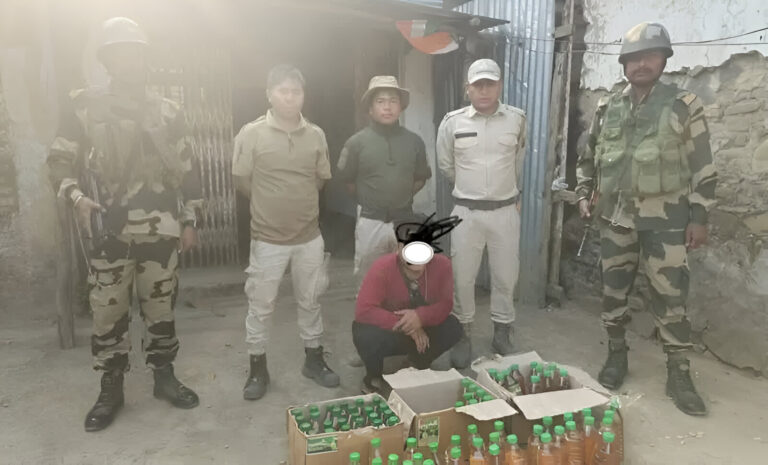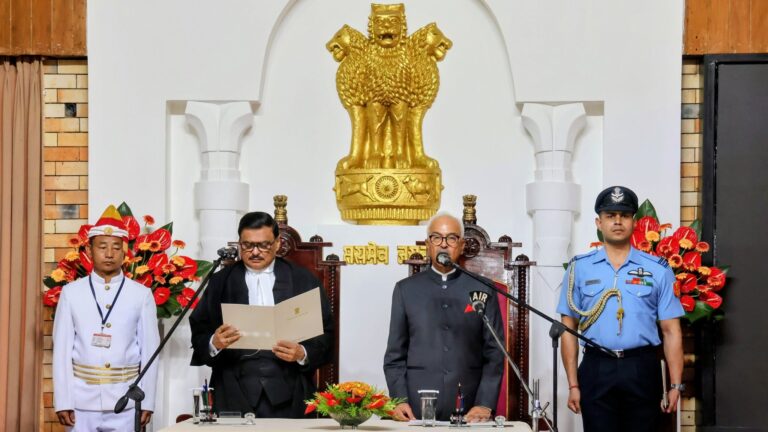Kuki Inpi Manipur prohibits Kuki-Zo MLAs from government formation
Short Summary
Kuki Inpi Manipur (KIM) — the apex body representing the Kuki-Zo community — has issued a definitive directive prohibiting all 10 Kuki-Zo MLAs, including seven from the BJP, from participating in the formation of any new government after the state’s President’s Rule. The resolution, passed unanimously on July 4, 2025, asserts an unwavering stance to protect their ancestral land, culture, identity, and political, social, and economic rights. This move poses a major challenge for political normalization efforts in Manipur unless Kuki-Zo concerns are addressed
Introduction: A Political Stand with a Purpose
Hey there! Picture a charged political landscape in Manipur, where family ties, ethnic identity, and governance entwine. On July 4, 2025, the Kuki Inpi Manipur (KIM) took a historic stand: no Kuki-Zo legislator will join the next government until key guarantees are met. Why does this matter in 2025? Let’s break it down, step by step.
The Resolution: What Was Decided
On July 4, 2025, a joint meeting, attended by KIM and affiliate bodies like KSO-GHQ, KCA-M, KCLF, and others, passed a sweeping resolution. It requires all 10 Kuki-Zo MLAs to refrain from taking part in government formation after President’s Rule ends This includes seven MLAs currently aligned with BJP.
Why Now? The Context Behind the Move
Persistent Ethnic Tensions
Ethnic violence between the Meitei and Kuki-Zo communities erupted in May 2023, claiming over 250 lives and displacing more than 60,000 people
Loss of Trust
Kuki groups accuse the Meitei-majority government—under CM Biren Singh—of ignoring their plight. They report unauthorized arms looting, inadequate security, and insufficient dialogue
Demand for Buffer Zones & Autonomy
Earlier this year, Kuki leaders demanded “buffer zones” and even Union Territory status, seeking concrete solutions. A resolution barring MLAs from joining government is a political lever, not a symbolic gesture
The Core Message: What Kuki-Zo Are Saying
“Under no circumstances shall the Kuki-Zo people compromise our ancestral land, culture, identity, and political, social and economic rights.” — KIM resolution
It’s a message of solidarity, calling for unity across councils, families, and districts.
Political Implications
Government Formation Roadblock
With 10 MLAs frozen out from negotiations, averaging ~17% of assembly seats, forming a majority government becomes more complex for any alliance.
BJP’s Position Strained
Seven Kuki-Zo MLAs from BJP are caught in crossfire. Do they stick with party lines or obey KIM? Political loyalty faces a major test.
Renewed Political Leverage
By leveraging legislative voice, the Kuki-Zos are demanding binding terms—buffer zones, security assurances, even territory status—before ending the boycott.
FAQs
Q1: Who are the Kuki-Zo MLAs, and how many exist?
A: There are 10 MLAs from the Kuki-Zo community in Manipur’s 60-member Assembly; seven are with BJP, others with regional parties
Q2: What is the authority of Kuki Inpi Manipur?
A: A traditional apex council (revived 1993) representing the tribal Kuki-Zo people, with community influence across governance and land saviors
Q3: Does this move affect when the assembly reconvenes?
A: Yes. With ten members refusing to engage, a full-fledged government may be unviable until their conditions are met.
Q4: What are “buffer zones” and why do they matter?
A: Demilitarized or secured zones aimed at reducing communal clashes between Kuki-Zo and Meitei communities, especially critical until political solutions are realized
Q5: Could this escalate into a demand for a separate state?
A: While KIM hasn’t demanded statehood now, it echoes long-standing aspirations for autonomy or Union Territory status—seen in earlier calls post-2023 unrest




